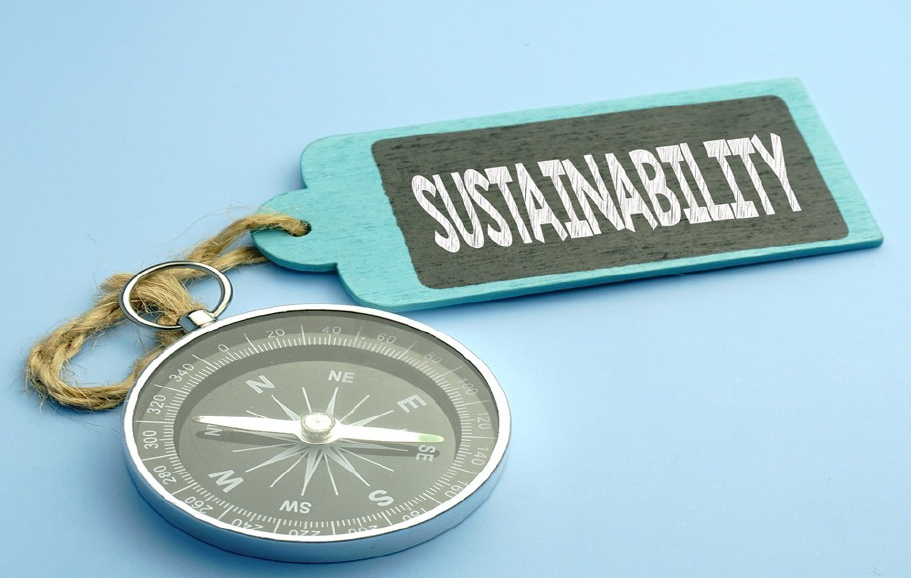
By Jeff Selamutu
October 5, 2021
Sustainability is a concept related to the development of products, goods, and services that involves meeting our present needs without compromising the ability of future generations to fulfil theirs. Sustainability recognizes that the environment is a resource that is being depleted and that it is important to use its resources responsibly for the good of the planet, and all living things who call it home.
Sustainability, to the individual, might mean to live an eco-friendlier existence, the proverbial 'going green'. Governments around the world have also announced and accelerated their commitments towards sustainability - from Singapore's Green Plan 2030 to China's 30-60 decarbonization goal - and this is a direct impact of the Covid-19 pandemic which has underscored the importance of a resilient and sustainable economy.
While the idea of sustainability is nothing new - it first surfaced as a corporate strategy a couple of decades ago, without any tangible corporate action.
Today, Sustainability is a key business priority, and the main pillars focus on 3 main areas: Social, Environmental, and Economic. Based on this feature in Forbes, here are the 5 reasons businesses have fully embraced Sustainability as a core business strategy.
1. Positive Brand Value and Competitive Advantage
Every business is competing for customers, so the more you understand your target audiences, the better you can manage your game plan for brand recall. Top of mind, if you will. According to a survey by Nielson conducted with U.S. consumers, 75% of millennials say they are likely to change habits to reduce environmental impact, and 53% of them say they would be willing to forgo a brand to buy products that are environmentally friendly. Companies that incorporate sustainability into their business models and corporate governance can have a lasting competitive advantage.

2. Meet Consumer / Stakeholders' Demands
As the number of millennials and Generation Z increases, the trend toward supporting sustainability products is getting stronger. Nielsen studies show that 66% of consumers would spend more for a product if it came from a sustainable brand, and 81% of global consumers feel strongly that companies should help improve the environment. Generation Z is soon to become the next dominant generation and is equally concerned, and in many cases, more concerned about Sustainability than millennials.

3. Increase Overall Efficiency
Implementing a sustainable business practice can provide an efficient way to trace all activities in the company. Thus, you can track unnecessary losses back to their causes. Being sustainable can also improve relations with the government and the local community. It can get the company tax incentives and subsidies.
4. Attract Talent
Brand image is important, not only for consumers and customers but also for your company to acquire talent. A survey of 1,000 employees at large U.S. companies showed that nearly 40% of millennials have taken a job because of the company's sustainability. With millennials becoming the largest workforce, not having a sustainability strategy can mean losing out on a lot of good talent.

5. Create New Business Opportunities
A strong sustainability proposition can help companies enter into new markets, and strengthen their position in the existing ones. China's initiative to fight air pollution is to create investment opportunities worth more than $3 trillion through 2030. Corporations that focus on sustainability will be in the best position to get valuable new business opportunities. Being part of the Sustainability ecosystem can also lead to new headcount for specialists to support the company's participation in the Green Economy.

Adopting sustainable practices not only helps the environment - corporations have proven that sustainability initiatives lead to an improved brand image, reduced costs, happier shareholders, increased productivity, and countless more benefits.
Sustainability is the new normal and it's here to stay. And that's a good thing for everyone.